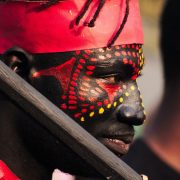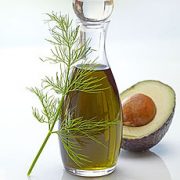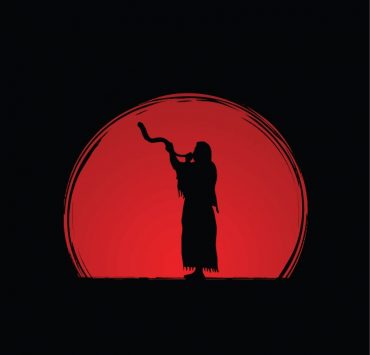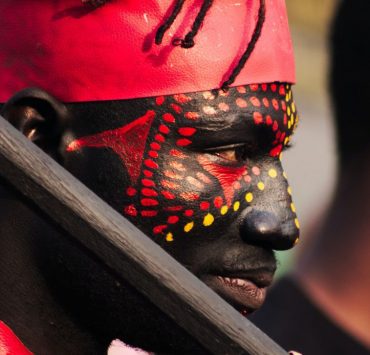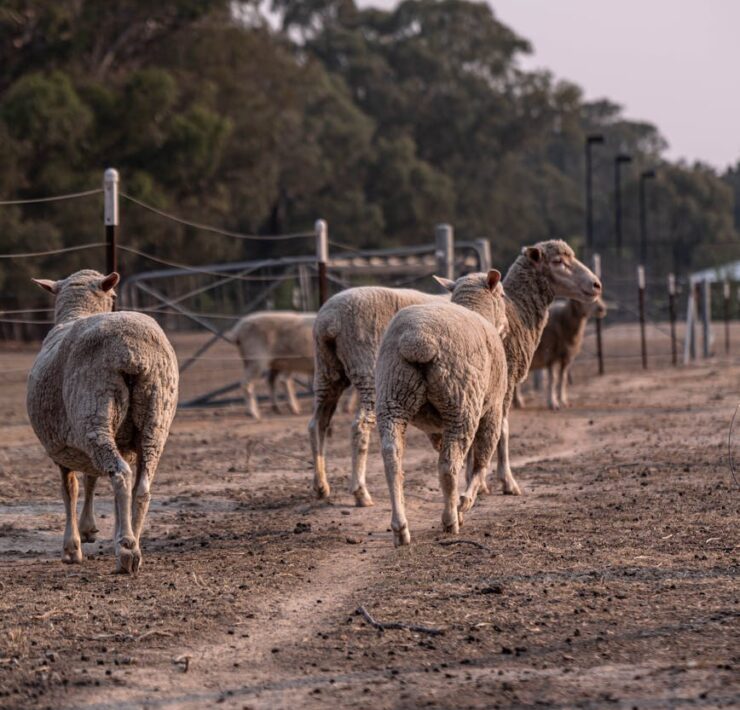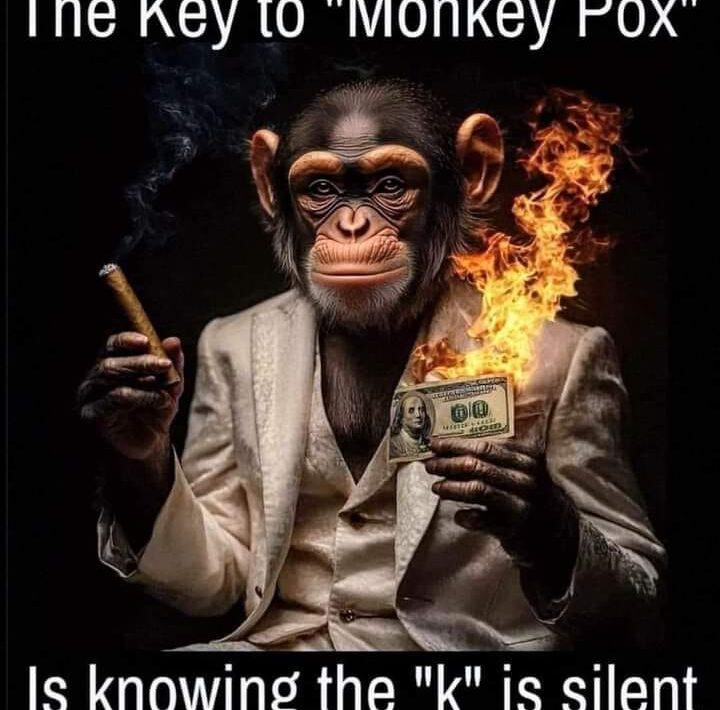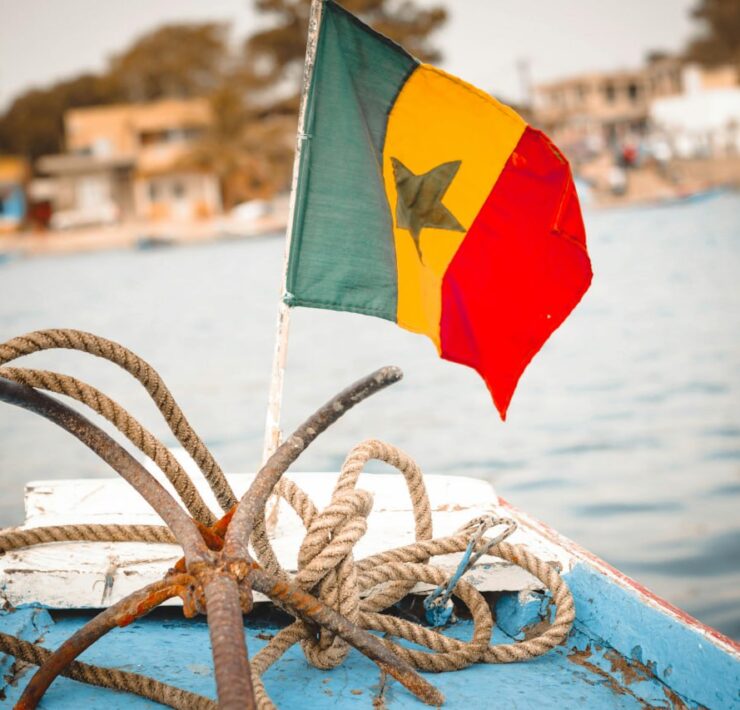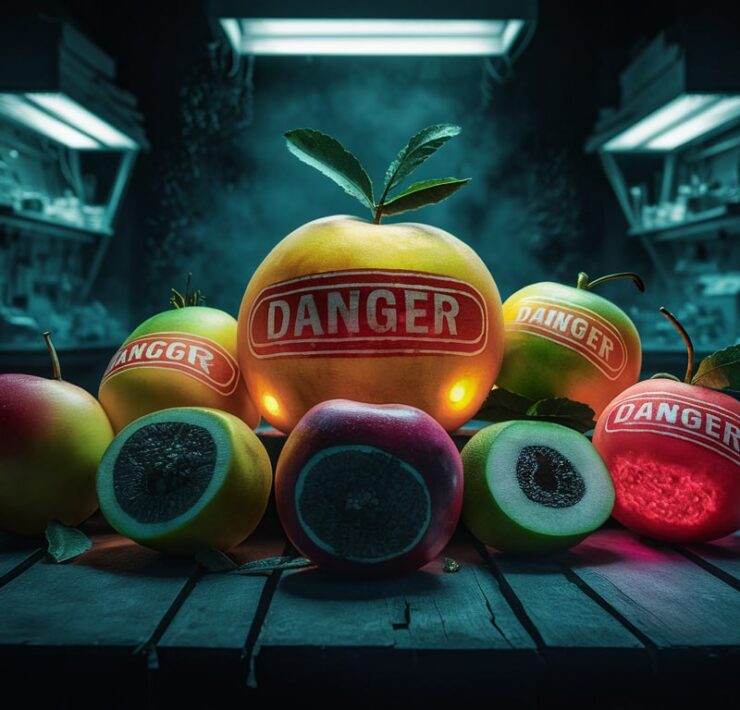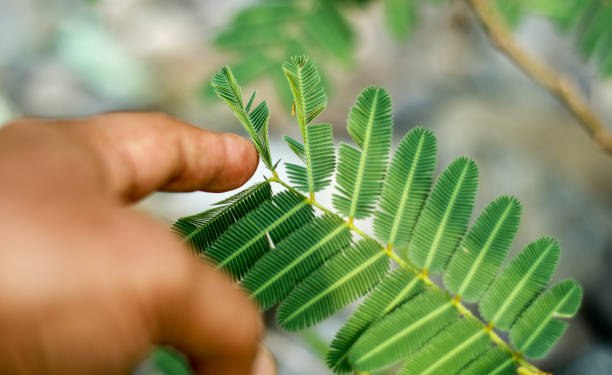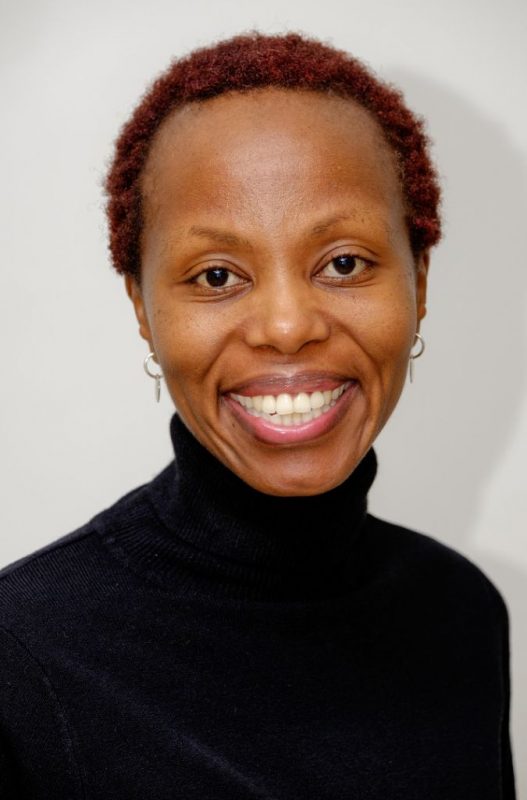
Chioma Phillips is the Editor of Msingi Afrika Magazine and…
Read Next
Across the world the cost of ‘modern’ healthcare continues to soar upwards, profiting a handful, while impoverishing and even locking out others from accessing it – sometimes causing harm to those who do access it. Meanwhile, simpler and more cost effective healing practices that have been used for generations are often shunned, downplayed or even dismissed as having no founding or basis, yet more and more people are finding genuine answers and solutions in them. We explore such a story.
(The full unedited video interview is available at the link at the end of this article.)
Tell us a little about yourself and what you do.
My name is Angela and I am 47 years old. I work part-time in a non-profit organization called EduKenya where I do community sustainability.
You are on a natural health journey, can you tell us what you have been overcoming, what condition?
In 2017, I was diagnosed with breast cancer – Stage 1, other doctors say it was Stage 2b – there was a bit of confusion about what stage it was. The genesis of that was I felt a bit of pain in my arm, radiating down to my breast and I couldn’t figure out what it was. One night I carried out a thorough assessment and I found a lump. There was a clinic nearby where we live and when I went there they sent me for a scan. The attendant said it was nothing serious, probably just a fibroid, but said that it was good to have it removed. I did so and the procedure went well and the lump was sent for testing. I had to wait three weeks; it came back positive for cancer.
There was the element of shock but there it was something, sort of, that we were expecting in our family, because of our family history. Our mother had breast cancer, her sister before her and our uncle had also had leukemia. We are four sisters, one brother, and I think for the longest time we were wondering who would get it, hoping it would skip our generation but there was always a chance that somebody would get it.
My sister, the year prior, had sent me a video that talked about alternative healing strategies for cancer. I had watched it, but sort of parked it at the back of my mind because I wasn’t unwell. At that point I was away, studying, and another thing that caught my attention was one of our professors shared his story about his journey with cancer. He had gotten treated using conventional means, but things weren’t working for him and he talked about the importance of research and how critical it was for his survival. He went into deep research, he’s a researcher by profession, to find out what the latest drugs to treat his condition were and found some information about some drug coming out of Germany. He then told his doctors to treat him with it and at what dosage informing them about the case studies and numbers of people he had found were getting well on it. That’s something else I parked in the back of my mind – that it’s actually very important to research and that there are other healing strategies that you can use for treating cancer.
When I was diagnosed, the surgeon – who was a family friend – was very good at trying to counsel us and tell us this was not a death sentence. He would tell us, “You’re probably in shock right now and you’re going to go through three or four phases: shock, denial, acceptance and we move forward from there.” He had organized for us to go and see an oncologist, which we did. She looked at one scan that I had done and recommended a course of treatment based on my family history. She said I needed to do a double mastectomy to reduce the risks of it happening on the other side, followed by a round of chemotherapy and then a year on a certain drug to treat the particular type of breast cancer I had. Before then, we did not know that cancer has different forms; mine was the second most aggressive type of breast cancer.
She said we were going back to the table because the scan I had done had said there was still something between the breast and the chest wall and they were thinking there were still remnants of cancer in the body and then she ordered for a battery of tests. Little did we know that these tests were so expensive and that’s before you even get to the drug. She told me to go think about it and get the tests done so that we know exactly what we are dealing with and can stage and treat it from a point of knowledge.
I started doing some of the tests; I had to spread them out, quite frankly, because they were just too expensive. I had the surgery at the end of June, got the diagnosis third week of July, I was still doing tests by October.
How much did you spend in all from your surgery to the tests?
Surgery to some of the tests, by October, and this is just a rough estimate, maybe about KES 300,000 – 400,000 thereabouts (approx. USD 3,000 – 4,000). You go for a bone scan because they want to understand whether it has spread to other parts of the body. A bone scan at that point was about KES 25,000 (USD 250). And then you do an MRI for one part of the body and then another part of the body, there’s no MRI for the full body. At that point we did not have a PET scan in Kenya, so they had to use a combination of tools to be able to assess where you’re at. I was doing all of that but we didn’t rush to go back to her because I wanted to think through what course of treatment to choose. In her office I had asked what treatment cost was. One round of chemotherapy is six sets, you do that and hopefully you’re done, after that there is a monthly pill that you take. The pill alone is KES 75,000 (USD 750) per month. I was like; Lord is this going to impoverish us, just the treatment itself? This does not factor in the mastectomy or the chemotherapy.
So you weren’t in a state of panic. It wasn’t like you were rushing around saying, “Yes, cut everything off.” “Yes, hit me with the poisons.”
I think I was somewhere in-between. I don’t know whether it was being very stoic at that time but the fact that I had this information that something else can be done, I think probably it was the Lord just prompting me to hold off, research, and get to understand what else you can do. But through divine providence in the midst of that I started doing the first round of tests. I went for a CT scan and I reacted extremely terribly to what they call contrast dye. They give you a solution to drink and they put you in through the machine and the dye lights up to show where in your body you have an issue. I came out of that with a terrible allergic reaction; I had to be rushed to the emergency room. And it was a very scary experience because I did the scan, felt ill, but it was six pm and I wanted to get home. I jumped into the car and started driving. After a few hundred meters, I couldn’t drive anymore, so fortunately there was a building close by and the guard there was kind enough to let me in. My sister called our neighbor who was not far away from me and he quickly came and took me to the hospital.
That experience also made me think twice, because if this was how I was reacting to contrast dye, it’s not the same as chemotherapy, it’s not the same drug, but if this was how my body was reacting to this, how would it react to chemotherapy? That, for me, was a big alarm; maybe that was not the path we should take.
In between I met a friend and I shared with him how I had been diagnosed with cancer and he said, “This shall not end in death. I have a friend who went through a similar journey many years ago and he treated himself using natural means, would you like to talk to him?” I said, definitely I would. We went to his office and had a chat with him for about three hours. He shared his journey how he had been diagnosed with Stage 3 nasal-pharyngeal cancer and he had gone through the conventional treatment and it wasn’t working for him. He was in hospital at that time and he met somebody who asked him, “Do you want to get well?” He said of course. The man shared information with him about natural healing through diet.
He didn’t have a lot of information but he had a pamphlet that he left him with.
This guy checked himself out of hospital, against the doctor’s wishes, and he followed that track. Up to today he’s well and I think it’s probably 15-18 years later.
What did he use?
He went completely vegan in terms of diet, meaning no meat or meat products, including dairy and he went heavily into juicing of vegetables. I think probably for the first few months he did pure juices alone and changed his lifestyle. So he shared all of this information with us and said this is what you need do, you need to add some supplements to it, check out this website, take this book, read this book.
Up to that point I hadn’t even decided but I think, that CT scan that just sealed it for me, this is not the route I want to take. Just to add on, our mother had done the conventional treatment. She had the mastectomy, she had done the chemotherapy, though it was very many years ago. Her sister had done the same thing and their brother too, but none of them survived. So, for me, I thought, okay, the medical fraternity is recommending I go down the same route, and I know probably drugs have changed, the concoctions have changed but it’s still the same protocols: surgery, chemo, radio and other drugs that you need to take. It hasn’t changed from that same spectrum.
And the outcomes were also still like maybe yes, maybe no.
Yes and now they were trying to be positive and say the five year survival rate is very high, but for me I was like but my mother, my aunt, my uncle, they did not make it through and not only that, the other people I had met along the way who had cancer, aunties, uncles – maybe not my immediate relatives – many of them had not survived. I went back to watch the video my sister had sent me and to understand a little bit more and I said let me give this a shot. Behind the scenes, my sister was praying that is the protocol that I would choose but she didn’t want to pressure me because at the end of the day it was my choice.
We went back to see the doctor armed with all my test results and courage and support, and she went through the reports. I mustered up the courage to say that chemotherapy was not what I wanted to do, that I wanted to try nutrition and if it didn’t work she would see me back here. We asked for her to support us in the way how she usually monitors her patients. She agreed to and asked me to do another MRI in six months. I felt I had a couple of months in which to try what I wanted to try and to see the outcome from there.
And so you began on this journey of trusting what comes from the soil. How did that go? Did you do what the other person had done?
It was a roller-coaster. I just told him what he had done, I was just going to copy but I also now went into a lot of research for myself. Just knowing one person’s journey is different from another; one person’s body type is different from another. I delved into research to understand what it is about nutrition that helps the body heal. For me it was a radical shift in lifestyle. I decided to go the full hog. At the beginning it was hard adjusting, my body was resisting taking all this juice. I had headaches and cravings and what they call healing crisis where one gets things like fevers, upset stomach out of the blue for a whole weekend. But your body is expelling all the toxins. It’s sort of like a detox and repair happening at the same time. Looking back at my lifestyle, I wasn’t one to keep fit. I lived a very sedentary lifestyle in regard to fitness, I wasn’t drinking water, I wasn’t managing stress well, and I wasn’t spending any time in the sun. Looking back I can see the genesis of illness.
I was taking, at the height of it all, about 13 glasses of juice a day. We were buying a lot of carrots, a lot of cabbages, a lot of broccoli, cauliflower, ginger…
It’s better than KES 75,000 per month!
Yes, when you compare, you realize buying the vegetables is nothing in comparison to the cost of the conventional treatment and also the side effects of the treatment. One of the side effects I was told about the drug would be that you could possibly get heart failure. So I was like you can treat one thing and die from another issue. Because this was all new we kind of groped in the dark in some respects but I had this other gentleman, his name is Michael, to lean on and call whenever I had questions and I took a whole bunch of supplements.
Basically this change in diet, the aim of it was to try and get my body to heal itself. We are created in such a way that our bodies should heal, so when we get a cold, yes you may go to the pharmacy and stock up on Actifed and all these other drugs, but even if you leave it for the same 4-5 days your body will find a way to recover. For me it was to get my immune system jump-started so my immune system can identify the cancer cells and now eliminate them from the body because everybody has cancer cells in their body. What’s different is that maybe your body is able to eliminate efficiently and fight off the cancer cells and maybe at that point my body was not able to do that and ended up now proliferating and that’s when you get tumors and things like that. So you’re trying to get nutrients at the cell level and that’s why juicing is recommended because it bypasses the entire digestive tract and gets into your bloodstream between 20 and 30 minutes after you drink, using less energy.
Remember, if you’re unwell, you’re trying to conserve that energy for the purpose of healing so that’s the idea behind juicing. Now the idea behind taking raw foods – I had to incorporate a lot of raw foods into my diet – cooking kills the beneficial enzymes and nutrients that are in food so I was learning about raw food diets and how I should cook and what I should cook and what I should take and have a variety of colors on the plate because that means you’re getting a lot of nutrients from the colors.
The vegetable intake went way up; the meat intake went way down.
No meat, no fish, no chicken, no eggs, no butter, no milk, no yogurt, nothing dairy; just plants and plant protein, ndengu (green grams), lentils, brown rice, whole foods, seeds, not nuts. There’s an issue of different nuts being affected by mold. So did not eat much of nuts at all.
Time passed and you went back for a test.
Yes, time passed and I went back for a test, and in the interim I was looking for a nutritional based doctor who would understand what I was trying to do and be able to support it, but I happened on that later.
The six months came due and I went for the test. I went in to this room where they have the big MRI machine and the technician pushed the bed into the machine and came back after a few minutes and said, “On what side again did you say?” For me I was freaking out because I was like this thing now has spread over the whole body! He can’t tell where it has started from and where it is going. He went back and came out again and said, “In my opinion I’m not really seeing anything but we’ll send the report to your doctor.”
So, very excited, I went to see the doctor and she said, “This is a very good report.” When the report got there it said they see something small and recommend a biopsy, so I felt a bit deflated but the doctor said “these guys don’t have your clinical history, they don’t know what it is that you’ve been doing this is just scar tissue that remained from the surgery.” I was excited; my siblings were like, “How do we know for sure that it’s gone?” She said I would need to do a PET scan to determine that for sure and this was possible either in South Afrika or India because we don’t have one locally. That was at the end of 2017. We took about three months to put paperwork and funds together and went off to India. The hospital keeps the sample of the tumor for about ten years in case they want to test or something and as a patient you can ask for it, so I decided to go with it to rule out doubt.
We traveled in March of 2018 to Mumbai and met the doctor there who, on seeing my file said he recognized my doctor. He ordered a fresh batch of tests. The tests on the lump came back positive showing that it was what they had said earlier. The PET scan came back completely clear. He was baffled. When I had seen him before the tests and I told him what I was doing he was like, “You’re just torturing yourself, there’s no need to have done all of this.” I’m already small in frame and you can imagine on that diet, I had shrunk to nothingness. So when he was examining me he was just seeing skin and bones. After seeing the test results, he was surprised, but he was under obligation to write down a prescription and give a recommended course of treatment, which he did. I asked him whether if I had done absolutely nothing, the cancer would have spread and he said, “Most definitely.” So I said, “So I am doing something right.” But he didn’t want to admit it.
Because of my weight I had also made an appointment with a nutritionist there to guide me on what to do to put on some weight. They had seen me as well before tests and looked at me skeptically when I told them w hat I was doing, like they had never heard of it. When I came back with my results they couldn’t believe it. One even took pictures of my scans to show their colleague.
And since then? Do you still go for tests?
Everything is okay. Yes I do and I found a functional medicine practitioner. She had gone through her own cancer journey and her treated herself the same way, furthered her knowledge, went back and did some training on functional medicine and now is helping others as well. We are walking that journey together and she is monitoring my progress. What functional medicine does is look at the root cause of your disease, chronic illnesses, what started it in the first place in order to know how to treat. Yes we can reverse it with nutrition and everything but what was the trigger? I have been walking with her and have done some other tests, unfortunately some of these tests are not available locally but that’s not to say that people can’t get well using a change in diet. That’s the basis.
What would your advice be to someone who has recently received a diagnosis that has terrified them?
I would say it’s not a death sentence, the bible says in the book of Peter, God has given us everything for life and godliness so He’s made everything available here, not in just the west. Getting well doesn’t mean that we have to adopt everything from the west. We have local solutions, we even have local herbalists who are able to walk with people and guide them through local protocols to get well. The thing is you have to be brave. Society isn’t very welcoming of alternative therapies but do your research and be brave and take that course of action there is hope, there is life after illness.
Video interview link:
Subscribe now for updates from Msingi Afrika Magazine!
Receive notifications about new issues, products and offers.
What's Your Reaction?
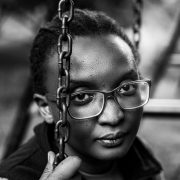 PIN IT
PIN ITChioma Phillips is the Editor of Msingi Afrika Magazine and the host of Msingi Afrika Television. Her hope is to see the Truth shared, with all who will listen, for the transformation of the people and the continent of Afrika - and the world. She believes passionately in the critical role that Afrika and Afrikans have to play on earth right now and hopes to ignite the spark that will cause them to see and believe who they are, so that they can live out their Truest lives for the remainder of their days.








